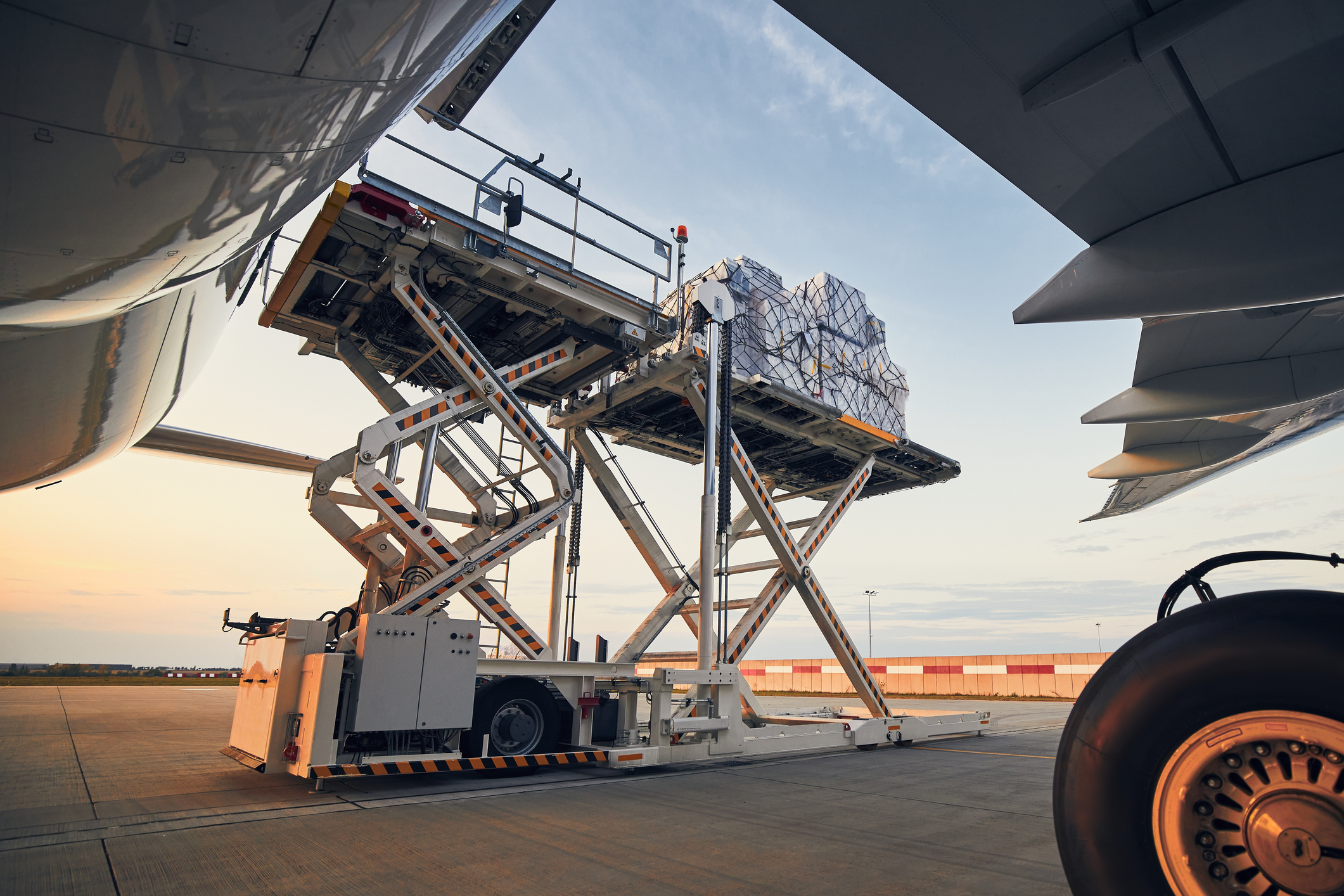Exploring the Future of Hybrid and Electric Trucks in Less-than-Truckload Shipping
The future of hybrid and electric trucks in LTL shipping appears promising. The implementation of these eco-friendly vehicles within the sector is driven by several factors, among them the growing need to reduce carbon emissions and the necessity for companies to align with government regulations on environment conservation. The introduction of hybrid and electric trucks is also catalyzed by initiatives to foster fuel efficiency and cost-effectiveness in operations, given that these vehicles have lower running and maintenance costs compared to their diesel counterparts.
Moreover, technological advancements are making it increasingly feasible to incorporate hybrid and electric trucks into LTL shipping. Battery technology has significantly improved over the years, meaning that these vehicles can now cover longer distances before requiring a recharge. Charging infrastructure is also being enhanced, making it easier for logistics companies to adopt these vehicles. Furthermore, with autonomy and digital connectivity becoming integral aspects of shipping and logistics, hybrid and electric trucks, which are often furnished with advanced sensors and connectivity features, are becoming even more attractive to the LTL shipping industry.
Assessing the Prospects and Challenges for Electric Trucks in LTL Shipping
Despite the promising prospects, the adoption of hybrid and electric trucks in the LTL shipping industry also presents several challenges. The initial purchase cost of these vehicles is often higher than that of diesel trucks, making it difficult for many companies to make the switch. Additionally, while charging infrastructure is improving, it remains inadequate in many regions, limiting the usability and efficiency of these vehicles.
Another challenge is the current limitations of battery technology. Despite improvements, the range of electric trucks is still not on par with that of diesel vehicles. This can present significant issues for LTL shipping, as these vehicles often need to cover large distances. Furthermore, the time it takes to recharge an electric truck is considerably longer than refilling a diesel truck with fuel, which can lead to longer downtimes and reduced productivity. There are also concerns about the lifespan of batteries and the environmental impact of their disposal.
In conclusion, while the future of hybrid and electric trucks in the LTL shipping industry is promising, it is not without challenges. The transition to these vehicles is driven by the need for more sustainable and cost-effective solutions, as well as advancements in technology. However, issues related to cost, charging infrastructure, and battery technology need to be addressed to fully realize the potential of hybrid and electric trucks in LTL shipping. Regardless, the direction the industry is headed is clear: towards a more sustainable, efficient future, underpinned by hybrid and electric technologies.




